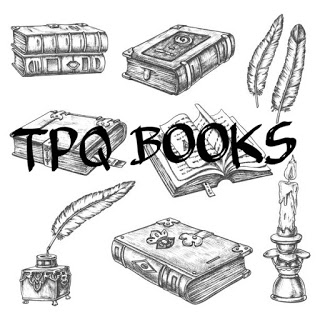 Christopher Owens 🔖 How can you listen to that? It’s just noise”.
Christopher Owens 🔖 How can you listen to that? It’s just noise”.The familiar cry of every parent from the 1950’s onwards as they realise that their little darlings are branching out into areas of music well beyond the comprehension of anyone over the age of 25. However, the question does become a little more pointed when the music in question is something like Peter Brotzmann.
Then you throw power electronics into the mix and most people just ask if you’re taking the piss.
First emerging in the early 1980’s as a sub-genre of industrial music (pioneered by, among others, Throbbing Gristle and Cabaret Voltaire), power electronics swiftly became associated with acts like Whitehouse, Ramleh and Consumer Electronics. Notably harsher in sound, nihilistic in philosophy and confrontational in performance, it remains a much misunderstood genre overlooked by most mainstream music press in favour of (admittedly excellent) hipster approved acts like Wolf Eyes.
The New Blockaders summed up their attitude to making music in 1982:
Blockade is resistance… It is our duty to blockade and induce others to blockade… Anti-music, anti-art, anti-books, anti-films, anti-communications… We will make anti-statements about anything and everything… We will make a point of being pointless… It is time for change… We are The Modern Alchemists… The obscure progression of regression shall be halted by us, The New Blockaders… This is the future! This is now! Move over you museum relics! … Avaunt! Avaunt! Avaunt! The Church of The Absurd marches on! … We are the adverts that mean nothing, we are the speakers who say nothing, we are the fighters who do not fight, we are the creators who destroy.
Edited by historian Jennifer Wallis, Fight Your Own War bills itself as the first English language text on the genre and noise culture in general, with individual chapters being written by differing authors on key albums, gender, performance, scenes and limitations within power electronics/noise music. As you should be able to guess, this is a very narrow interest so, if I was to break down chapters on the contrast between the pulverising music and the comic live personas of, say, Whitehouse, I’d wager it would be lost on a lot of readers.
Needless to say, for those of you who are recent recruits or lifelong fans, this is a brilliant way to read up on a genre that has proven surprisingly durable and influential. With each chapter being penned by participants in the culture, you get a rounded look a differing aspects that you either hadn’t given much thought to or were not aware of at all.
One chapter focuses on The Termite Club in Leeds. Initially a venue for free jazz, it gradually became a place to see acts as diverse as Skullflower and Richard Youngs. Because the venue had funding from the local arts council, it meant that bands could perform and get paid as long as they improvised on stage, which forced acts out of their comfort zone and into unknown territory before, inevitably, supply outweighs demand and finances become a major factor. It’s a warm, passionate (but realistic) look at a particular moment in time (90’s – 00’s) where the trajectory of a scene is on the up due to the noise revival.
Futurists, pick up your instruments and destroy.
Jennifer Wallis (editor), Fight Your Own War: Power Electronics and Noise Culture, 2016, Headpress. ISBN-13: 978-1909394407
⏩ Christopher Owens was a reviewer for Metal Ireland and finds time to study the history and inherent contradictions of Ireland. He is currently the TPQ Friday columnist.






My 16 year old is sick to the teeth of hearing that opening line from me.
ReplyDeleteDoes he quote Only Fools and Horses as a retort?
Delete"Uncle Albert:
You call that music, sounds more like noise to me. That's all you youngsters are interested in nowadays.
Rodney:
Didn't your generation ever enjoy itself Albert?
Uncle Albert:
When I was your age I was fighting in the war.
Rodney:
Well then you must have made more bloody noise than me then!"
not yet and I am going to do my best to prevent him from finding out about it!!
Delete